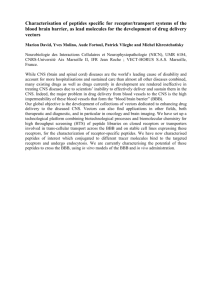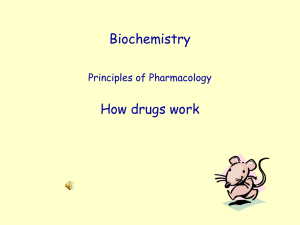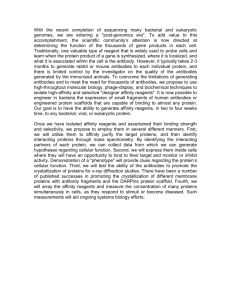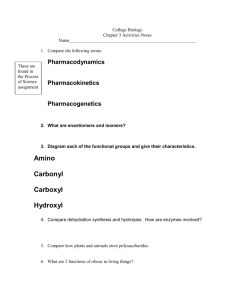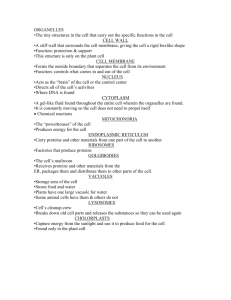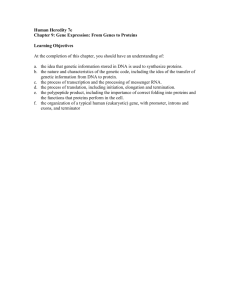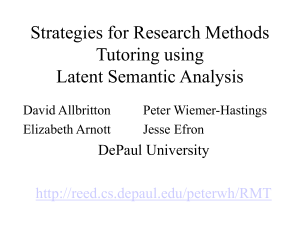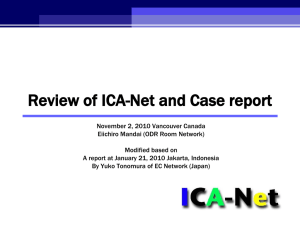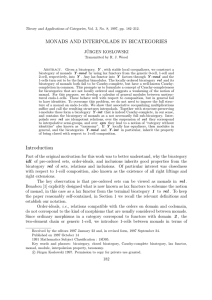Abstract (PDF)
advertisement
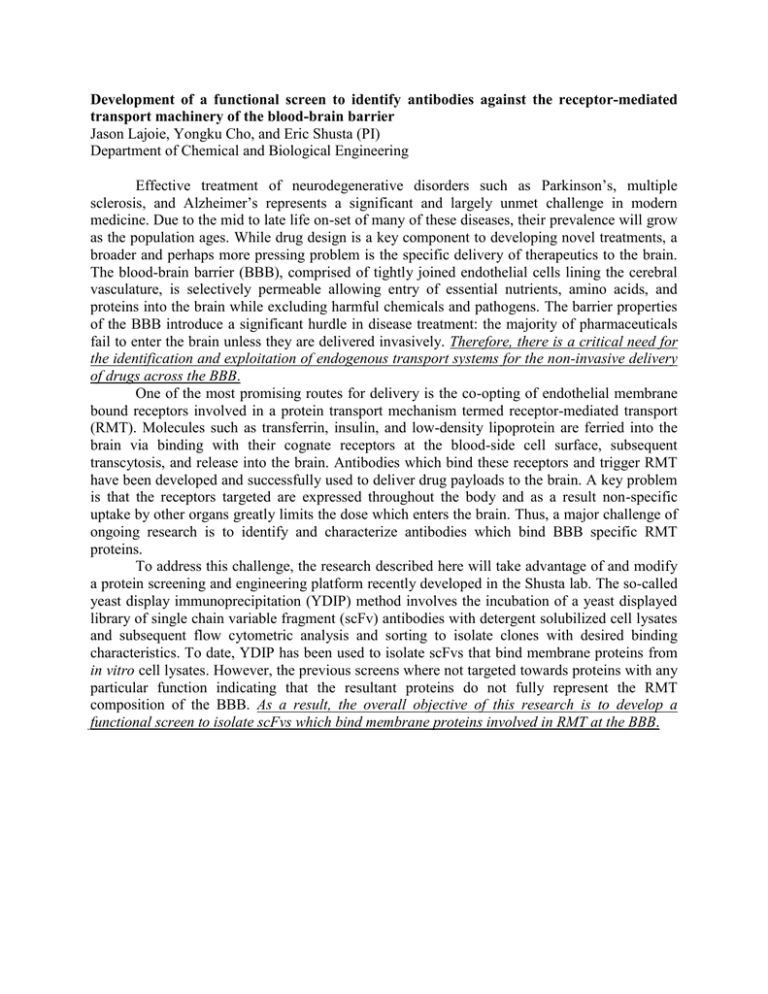
Development of a functional screen to identify antibodies against the receptor-mediated transport machinery of the blood-brain barrier Jason Lajoie, Yongku Cho, and Eric Shusta (PI) Department of Chemical and Biological Engineering Effective treatment of neurodegenerative disorders such as Parkinson’s, multiple sclerosis, and Alzheimer’s represents a significant and largely unmet challenge in modern medicine. Due to the mid to late life on-set of many of these diseases, their prevalence will grow as the population ages. While drug design is a key component to developing novel treatments, a broader and perhaps more pressing problem is the specific delivery of therapeutics to the brain. The blood-brain barrier (BBB), comprised of tightly joined endothelial cells lining the cerebral vasculature, is selectively permeable allowing entry of essential nutrients, amino acids, and proteins into the brain while excluding harmful chemicals and pathogens. The barrier properties of the BBB introduce a significant hurdle in disease treatment: the majority of pharmaceuticals fail to enter the brain unless they are delivered invasively. Therefore, there is a critical need for the identification and exploitation of endogenous transport systems for the non-invasive delivery of drugs across the BBB. One of the most promising routes for delivery is the co-opting of endothelial membrane bound receptors involved in a protein transport mechanism termed receptor-mediated transport (RMT). Molecules such as transferrin, insulin, and low-density lipoprotein are ferried into the brain via binding with their cognate receptors at the blood-side cell surface, subsequent transcytosis, and release into the brain. Antibodies which bind these receptors and trigger RMT have been developed and successfully used to deliver drug payloads to the brain. A key problem is that the receptors targeted are expressed throughout the body and as a result non-specific uptake by other organs greatly limits the dose which enters the brain. Thus, a major challenge of ongoing research is to identify and characterize antibodies which bind BBB specific RMT proteins. To address this challenge, the research described here will take advantage of and modify a protein screening and engineering platform recently developed in the Shusta lab. The so-called yeast display immunoprecipitation (YDIP) method involves the incubation of a yeast displayed library of single chain variable fragment (scFv) antibodies with detergent solubilized cell lysates and subsequent flow cytometric analysis and sorting to isolate clones with desired binding characteristics. To date, YDIP has been used to isolate scFvs that bind membrane proteins from in vitro cell lysates. However, the previous screens where not targeted towards proteins with any particular function indicating that the resultant proteins do not fully represent the RMT composition of the BBB. As a result, the overall objective of this research is to develop a functional screen to isolate scFvs which bind membrane proteins involved in RMT at the BBB.


